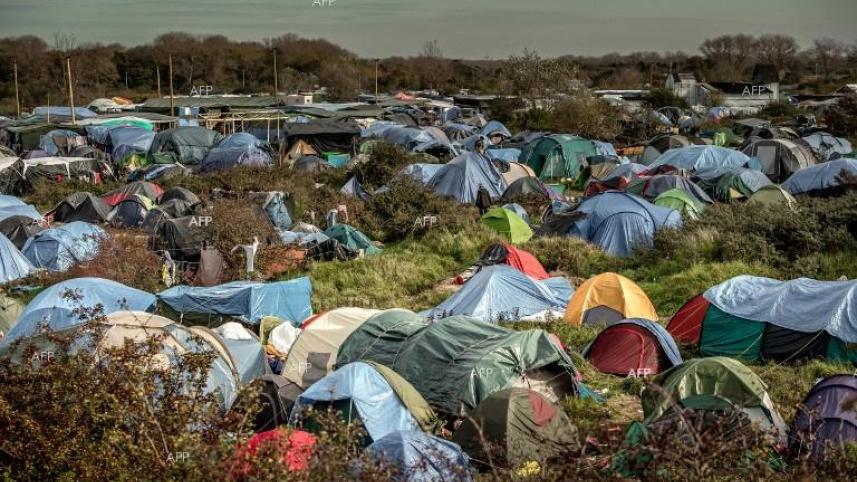Protecting the rights of migrants

The consensus to have a global treaty for the better protection of migrants, reached by 130 countries, is a welcome development. The number of displaced people fleeing from war, conflict or persecution and looking for a better future in other countries, according to the United Nations Refugee Agency, had exceeded 59 million last year -- highest since World War II. At a time of plenty and the supposed peak of human progress, this, truly, is a tragedy of unmatched proportions.
Also tragic is the struggle migrants face on their perilous journeys to find safety, in many cases, only to be denied even that by the host country. Places such as the Calais Jungle and other refugee and migrant encampments, where migrants lived (or are living) in the most atrocious settings imaginable, again illustrates the urgent need to protect the rights of migrants.
We have continually seen countries backtrack on their earlier promises to help migrants and ameliorate their situation. Given the graveness of the situation, however, the only way to protect the rights of migrants is for the whole world to unite under the one banner of humanity. That a global compact on migration is very likely to be adopted in 2018 is thus a very encouraging prospect.
The lot of migrant workers is no better either given that many host countries renege on the agreement regarding their pay and other benefits. Thus, it is a matter of satisfaction that the Middle Eastern countries in particular have acknowledged the problems that migrants face in their countries, those being the prime destination of our workers, and have agreed to factor these in, in the global compact.



 For all latest news, follow The Daily Star's Google News channel.
For all latest news, follow The Daily Star's Google News channel.